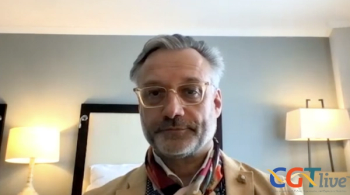
The head of the Department of Ophthalmology at the Center for Medical Genetics, Ghent University Hospital, discussed the results of a post-marketing study presented at ARVO’s 2023 conference.

The head of the Department of Ophthalmology at the Center for Medical Genetics, Ghent University Hospital, discussed the results of a post-marketing study presented at ARVO’s 2023 conference.
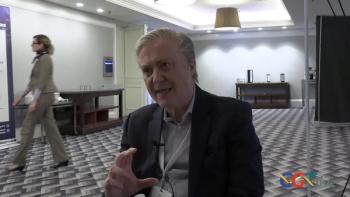
The scientific cofounder and chief executive officer of Alloplex Biotherapeutics discussed early data from a phase 1 trial of the PBMC-derived therapy.
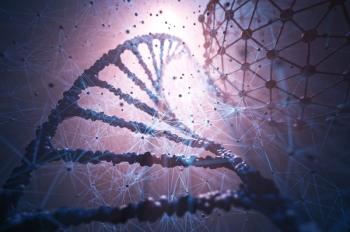
The safety profile of lenadogene nolparvovec at 5-years post treatment was similar to 2-year data.
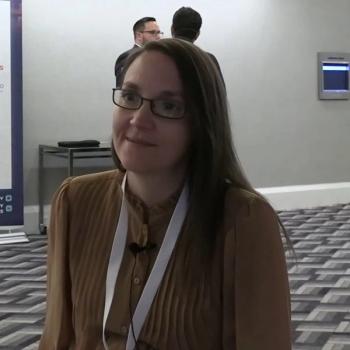
The associate director of research at Lyell Immunopharma discussed the company’s programs and newest technologies aimed at solid tumors.
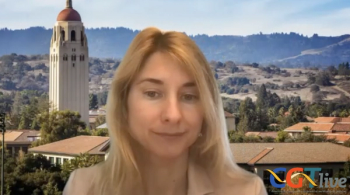
The instructor at Stanford Institutes of Medicine discussed the key takeaways of her research into the factors that affect CAR-T expansion.
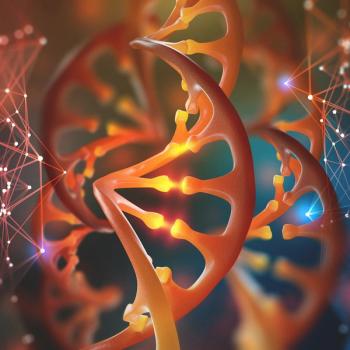
No serious TEAEs have been related to ATSN-101 with data up to 6 months after treatment.
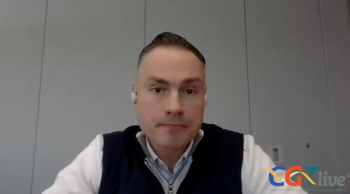
The chief scientific officer of Aurion Biotech discussed the investigational cell therapy AURN001.

STZ eyetrial’s treatment rAAV8.hPDE6A was otherwise deemed well-tolerated.
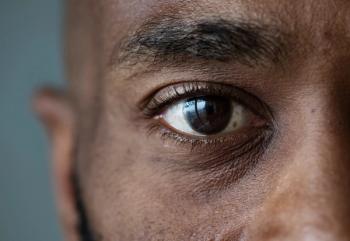
The commercially available gene therapy, developed by Spark Therapeutics, was evaluated in multiple studies presented at ARVO’s 2023 conference.
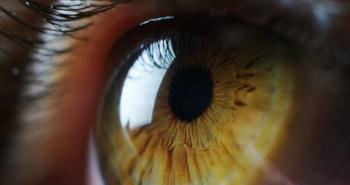
The new positive data on the AAV based gene therapy builds upon real-world data presented at ARVO’s conference in 2022.
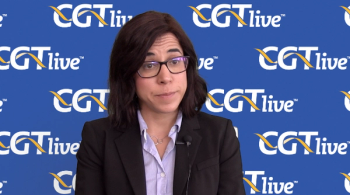
The research scientist at Moffitt Cancer Center discussed the results of the preclinical study she presented at the 2023 AACR annual meeting and avenues for further research.
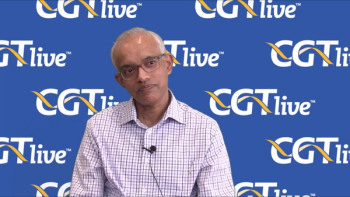
The professor of breast cancer research at Indiana University discussed new research with the TONSL gene from Indiana University.
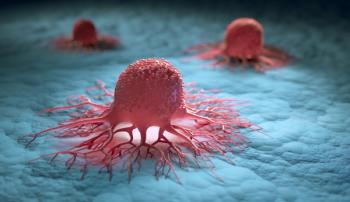
Overall, 6 patients were treated in a feasibility study for a disease control rate of 33.3%.
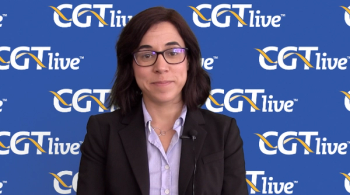
The research scientist at Moffitt Cancer Center shared the rationale behind the preclinical study she presented at the 2023 AACR annual meeting.
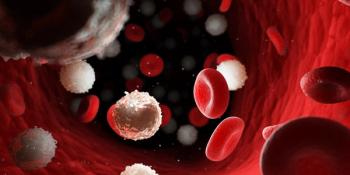
The investigators created the largest known CAR-T atlas, with more than 800,000 cells in total, providing a new exploration into the phenotyping of T-cells.
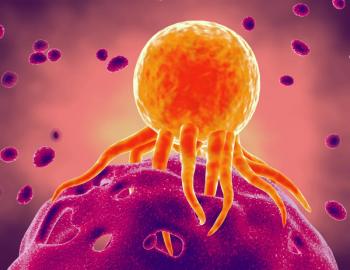
Vax-CAR-T cells significantly suppressed tumor growth in mouse models in both smaller and larger tumors.
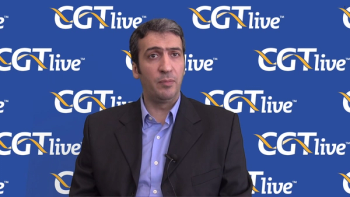
The assistant professor of stem cell transplantation at MD Anderson Cancer Center discussed updated data on ALLO-316 in patients with ccRCC.
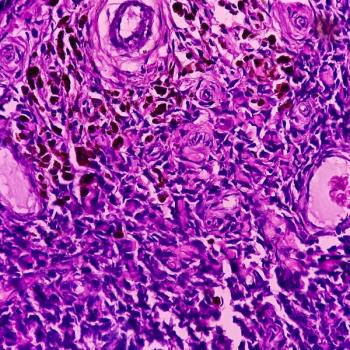
Recent data supported the TCR therapy’s pending BLA submission.
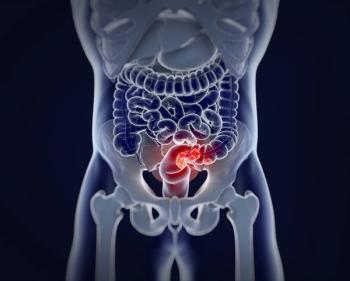
Among patients treated at the higher dose level in the investigator-initiated clinical trial, the objective response rate was 50%.
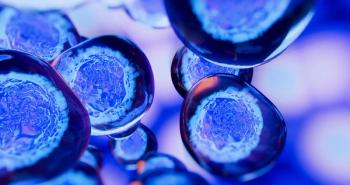
Next steps may include assessing AFM13 in combination with natural killer cells.
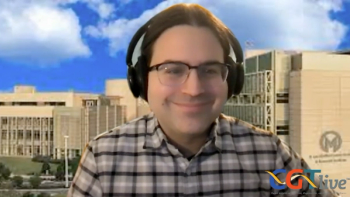
The assistant member at the Department of Biostatistics and Bioinformatics at Moffitt Cancer Center shared the potential implications of the findings he is presenting at the 2023 AACR annual meeting on proteomics and metabolomics.
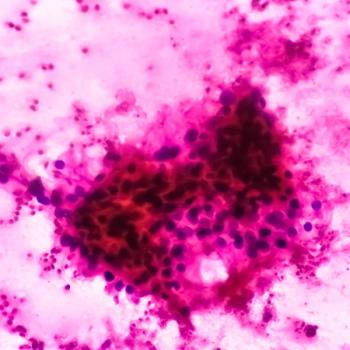
The data warrant further evaluation of ALLO-316 in patients with confirmed CD70+ tumors.
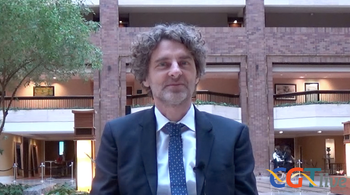
The professor for human genetics and neurology at the University of Miami Miller School of Medicine discussed the rapidly changing landscape of diagnosing and treating genetic disorders.
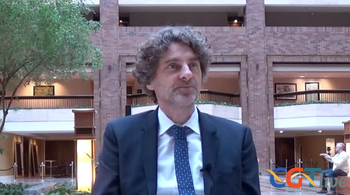
The professor for human genetics and neurology at the University of Miami Miller School of Medicine discussed past, current, and future approaches to diagnosing and treating neuromuscular diseases.
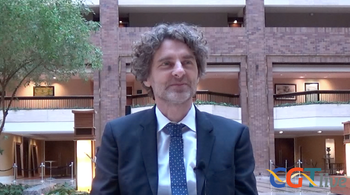
The professor for human genetics and neurology at the University of Miami Miller School of Medicine discussed the trend towards gene-targeted approaches in the neuromuscular disease space.
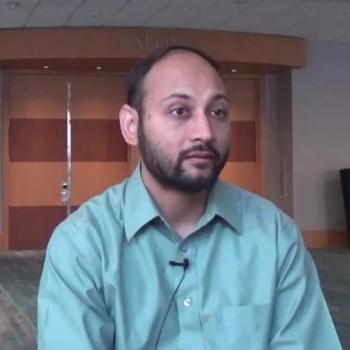
The assistant professor of medicine at Vanderbilt University Medical Center discussed the work that has been done in the field in the past 10 years and work that still remains to be done.
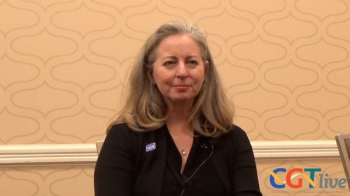
The executive vice president and chief research officer of MDA discussed the barriers to FDA approval currently facing those developing treatments for ultra-rare diseases.
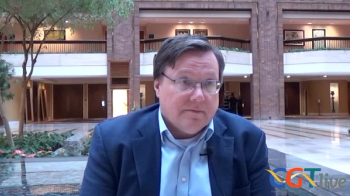
The director of the center for gene therapy at Nationwide Children's Hospital discussed the prospect of gene therapy approvals in Duchenne muscular dystrophy and the associated challenges that remain to be addressed.
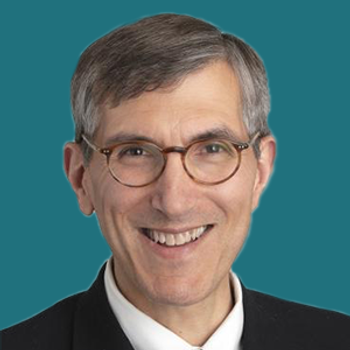
Peter Marks, MD, PhD, director, Center for Biologics Evaluation and Research, FDA, discussed his keynote address at the 2023 MDA Conference. c
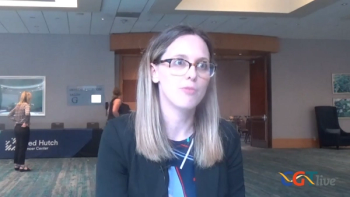
The locum consultant of pediatric BMT and leukemia at Royal Manchester Children’s Hospital discussed the center’s experience in delivering the approved gene therapy to children with MLD.